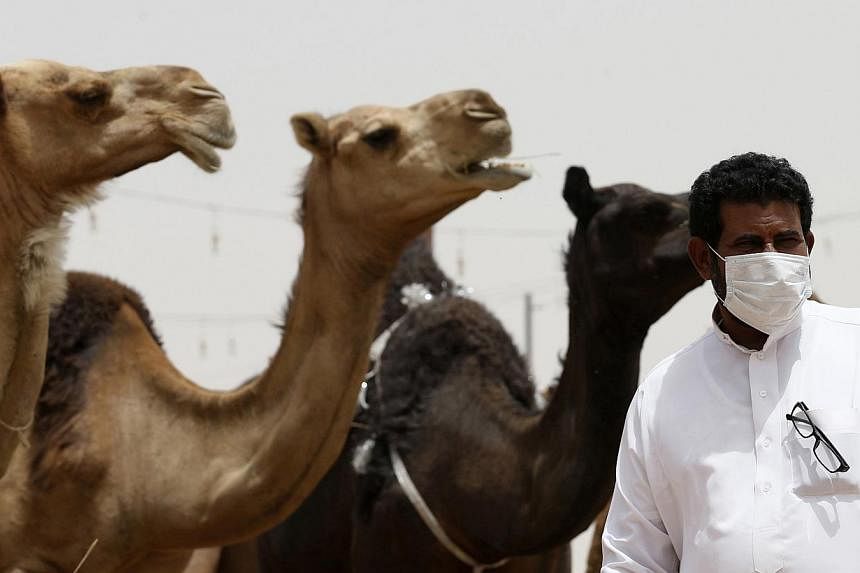JEDDAH (AFP) - Saudi Arabia announced Tuesday five new deaths from MERS, raising the death toll in the country worst-hit by the mysterious coronavirus to 152 since it appeared in 2012.
The health ministry also reported four new infections with Middle East Respiratory Syndrome raising the total so far to 495.
The new deaths occurred on Monday, four of them in Red Sea commercial hub Jeddah and one in the capital Riyadh.
Acting health minister Adel Fakieh visited Jeddah's King Fahd Hospital where a spike in infections last month sparked public panic.
Fakieh, who last week sacked the hospital's director, said it would remain one of a number of facilities across the country dedicated to the treatment of MERS.
He told reporters they would all receive new medical equipment to allow them "to offer the highest level of care for patients infected."
MERS is considered a deadlier but less-transmissible cousin of the SARS virus that appeared in Asia in 2003 and infected 8,273 people, nine percent of whom died.
Like SARS, it appears to cause a lung infection, with patients suffering coughing, breathing difficulties and a temperature. But MERS differs in that it also causes rapid kidney failure.
The vast majority of cases have been in Saudi Arabia, but MERS has also been found in 16 other countries, nearly all among people who had recently travelled to the Gulf.
A growing body of research has identified camels as the source of the virus and the Saudi agriculture ministry on Sunday urged camel handlers to wear masks and gloves.
"The illness spreads in two ways - from infected camels or within the hospital itself where there is a lack of measures to prevent the spread of the disease, whether in the dialysis or the emergency departments," Fakieh said on Tuesday.
A World Health Organisation team pinpointed breaches in its "recommended infection prevention and control measures" as being partly responsible for the spike in infections after a five-day inspection visit earlier this month.

